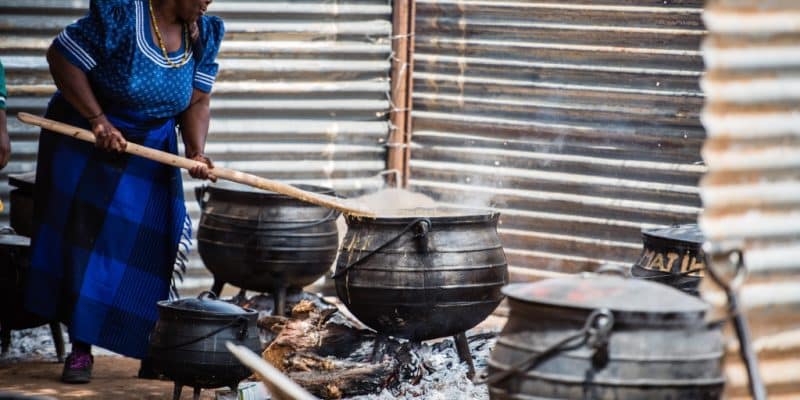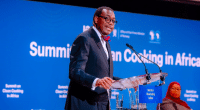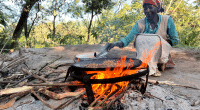A partnership has been signed between several organisations to channel carbon credits to support access to clean cooking around the world, particularly in Africa. Cooking on wood fires is just as much of a greenhouse gas (GHG) emitter as vehicles and power plants.
A new alliance is being set up to accelerate access to clean cooking in Africa. The partnership is between the Clean Cooking Alliance (CCA), the United Nations Framework Convention on Climate Change (UNFCCC) and Gold Standard (GS). The aim is to take advantage of the opportunities offered by carbon finance. Carbon markets play a key role in achieving the goal of carbon neutrality and “have the potential to provide the fast-track financing needed to achieve large-scale transitions in the world’s energy systems and economies”, explains the CCA.
However, to realise this potential, these markets need to be able to channel finance to the solutions that are most essential to achieving the climate goals agreed at various international climate meetings. “To take full advantage of the opportunities offered by carbon finance, clean-burn projects must be based on sound methodologies, realistic metrics and conservative assumptions that reflect integrity, transparency and accountability,” says CCA.
Read also- KENYA: Bidhaa secures Spark+ loan for clean cooking in rural areas
Worldwide, financing for access to clean cooking is lagging behind. Yet 2.4 billion people still rely on dirty stoves and fuels to cook their food. According to the World Bank, 900 million people in sub-Saharan Africa lack clean, modern energy for cooking. This is driving deforestation and costing US$35 billion a year in lost spending on wood, charcoal and paraffin.
Initiatives to finance clean cooking through carbon credits are increasingly being implemented in Africa. A few months ago, the French carbon credit trader for Africa Aera signed a partnership with Ecosphere+, a provider of nature-based offset solutions. The two partners will sell carbon credits to finance the distribution of clean cooking systems in Africa.
Jean Marie Takouleu







